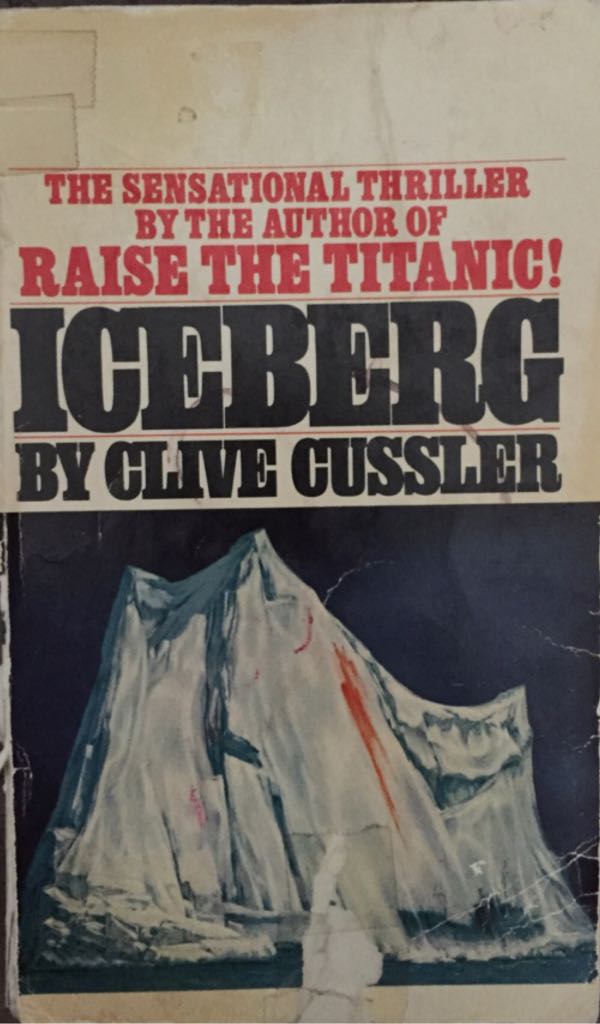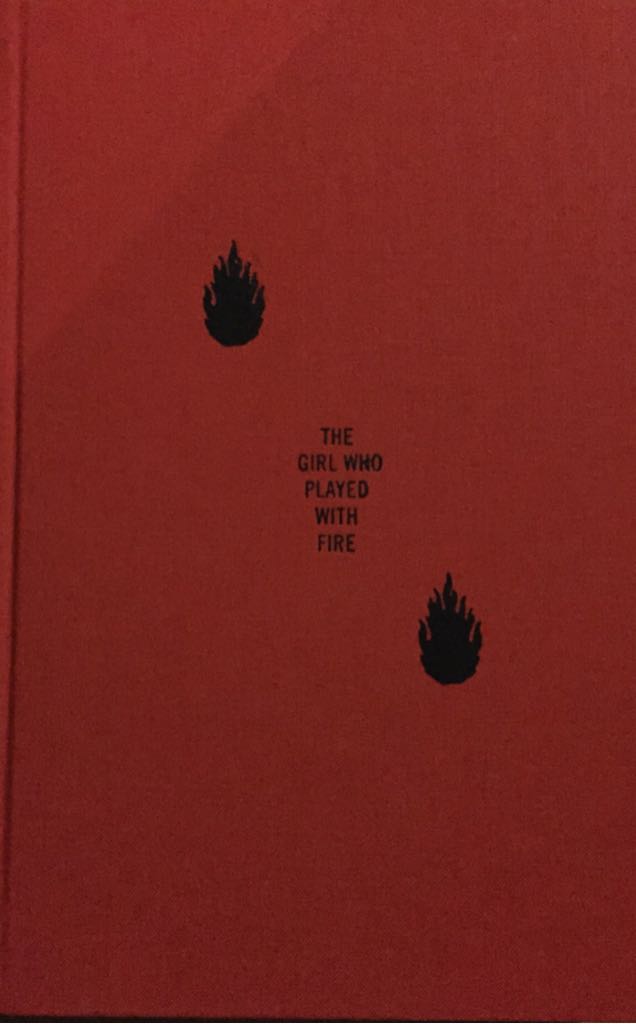![Utopia - Sir Thomas More (Wordsworth Editions - Paperback) book collectible [Barcode 9781853264740] - Main Image 1](https://www.icollecteverything.com/images/book/main/352/3525955_1.jpg)
Title:
Utopia
Genre:
Action
Mystery
Thriller
Show More
Series:
UDF-4
Binding:
Paperback
Narrative:
First Person
Type of Book:
Fiction
Number of Pages:
134
Number of Chapters:
2
Synopsis:
Although there are other ”Utopia” books written before Thomas More’s, it is this book that made its title into a by-word in the English (and other) languages.
”Utopia” was More’s response to Plato’s ”Republic,” in that it is a framework for a perfect society according to More’s ideas of the time. Originally published in Latin, the first English version appeared in 1551, some 16 years after More’s death.
More’s ”Utopia,” which is a brief book (100 pages), portrays a communal, democratic society. It is paradoxically unregulated and tightly regulated.
More’s citizens just want to do what is best for their society, and that covers a remarkably narrow range of possibilities. There are, of course, some who break the laws of the land, and More deals with them harshly.
”Harsh” is a relative term, though, and his punishments were hardly harsh in a day when it was a hanging offense to steal a loaf of bread for your starving family.
More’s ”Utopia” is also a strongly religious society. Religious tolerance is a matter of law, a novelty by the standards of More’s day and the standard of his own behavior.
’Tolerance’, however, meant tolerance of any monotheism that wasn’t too animistic, and certainly didn’t tolerate the unreligious.
Thomas More’s own life was less than a Utopia. He was executed by Henry VIII (one of his best friends) for, among other trespasses, refusing to uphold the king’s divorce from Catherine of Arragon.
Before that time More served Henry VIII in many capacities, including Speaker of the House of Commons, Master of Requests, Privy Councillor, and Lord Chancellor.
More’s strong integrity and resolute mind caught the attention of scholars, political and church leaders internationally; it was this same integrity that most likely was his undoing, refusing to assent to the King’s divorce and severance of ties binding the English Church with the Roman overlordship of the Pope.
ABOUT MORE:
Thomas More was born in 1478. He succeeded Wolsey as Lord Chancellor of England, but came into conflict with the king, Henry VIII, by refusing to acknowledge him as sole head of the church.
Charged with high treason, More steadfastly refused to takean oath impugning the pope’s authority or upholding the king’s divorce from Catherine of Aragon. He was beheaded in 1535.
”Utopia” was More’s response to Plato’s ”Republic,” in that it is a framework for a perfect society according to More’s ideas of the time. Originally published in Latin, the first English version appeared in 1551, some 16 years after More’s death.
More’s ”Utopia,” which is a brief book (100 pages), portrays a communal, democratic society. It is paradoxically unregulated and tightly regulated.
More’s citizens just want to do what is best for their society, and that covers a remarkably narrow range of possibilities. There are, of course, some who break the laws of the land, and More deals with them harshly.
”Harsh” is a relative term, though, and his punishments were hardly harsh in a day when it was a hanging offense to steal a loaf of bread for your starving family.
More’s ”Utopia” is also a strongly religious society. Religious tolerance is a matter of law, a novelty by the standards of More’s day and the standard of his own behavior.
’Tolerance’, however, meant tolerance of any monotheism that wasn’t too animistic, and certainly didn’t tolerate the unreligious.
Thomas More’s own life was less than a Utopia. He was executed by Henry VIII (one of his best friends) for, among other trespasses, refusing to uphold the king’s divorce from Catherine of Arragon.
Before that time More served Henry VIII in many capacities, including Speaker of the House of Commons, Master of Requests, Privy Councillor, and Lord Chancellor.
More’s strong integrity and resolute mind caught the attention of scholars, political and church leaders internationally; it was this same integrity that most likely was his undoing, refusing to assent to the King’s divorce and severance of ties binding the English Church with the Roman overlordship of the Pope.
ABOUT MORE:
Thomas More was born in 1478. He succeeded Wolsey as Lord Chancellor of England, but came into conflict with the king, Henry VIII, by refusing to acknowledge him as sole head of the church.
Charged with high treason, More steadfastly refused to takean oath impugning the pope’s authority or upholding the king’s divorce from Catherine of Aragon. He was beheaded in 1535.
Author:
Sir Thomas More
Show More
Publisher:
Wordsworth Editions
Barcode:
9781853264740
OCLC:
Literature
Automatic Estimated Value:
~R 20.92
Automatic Estimated Date:
2024-11-29
Date Added:
2018-06-26 16:48:25




